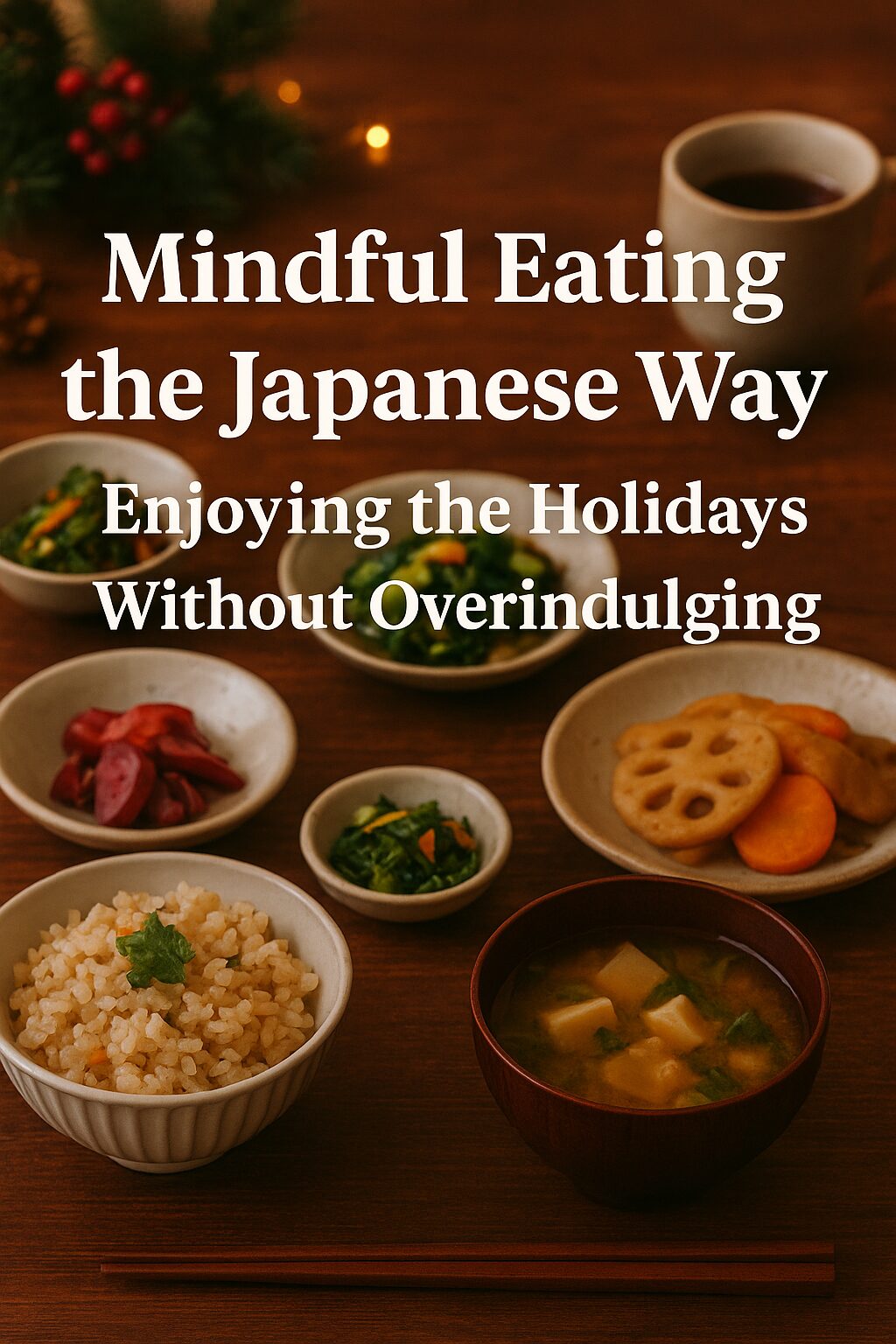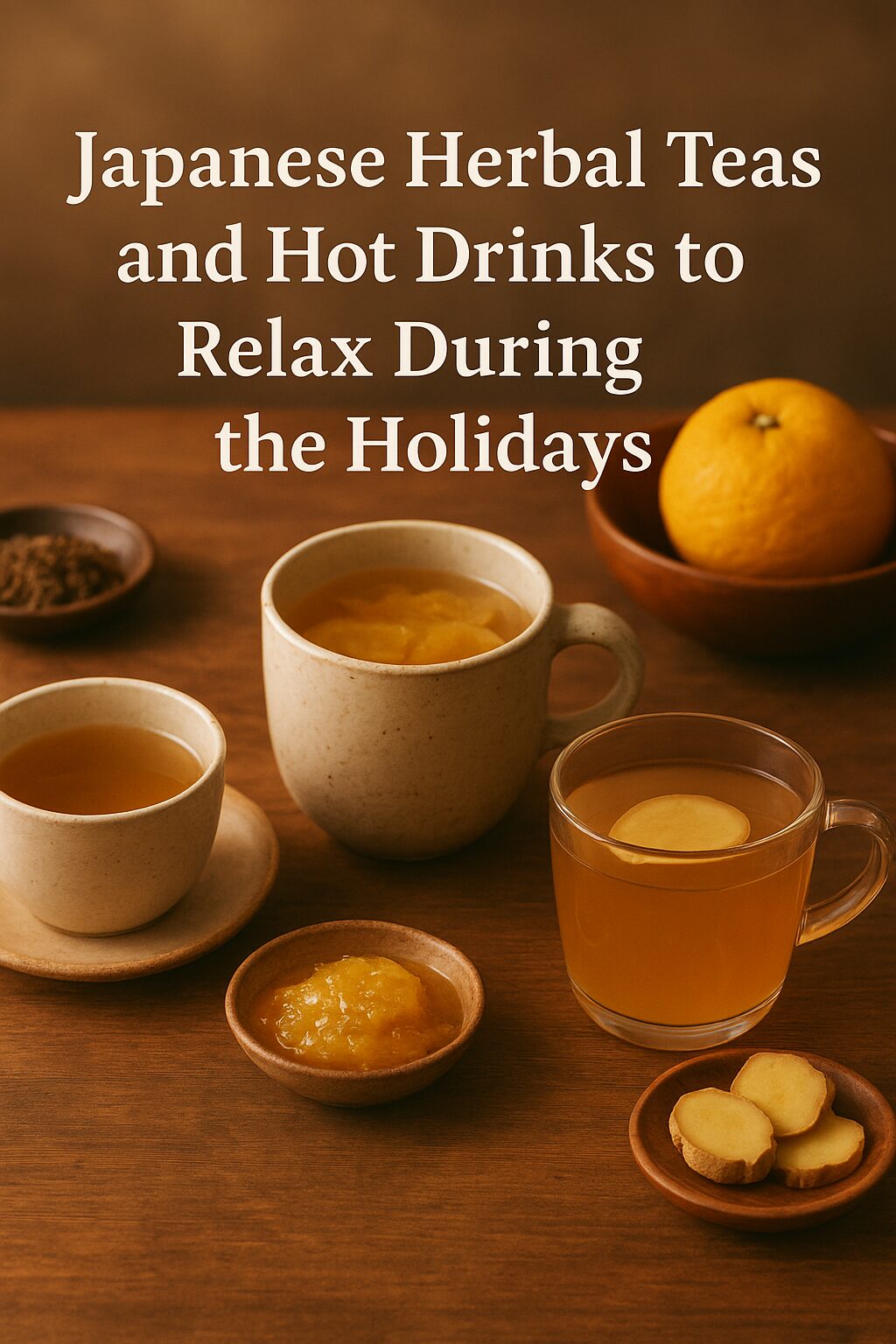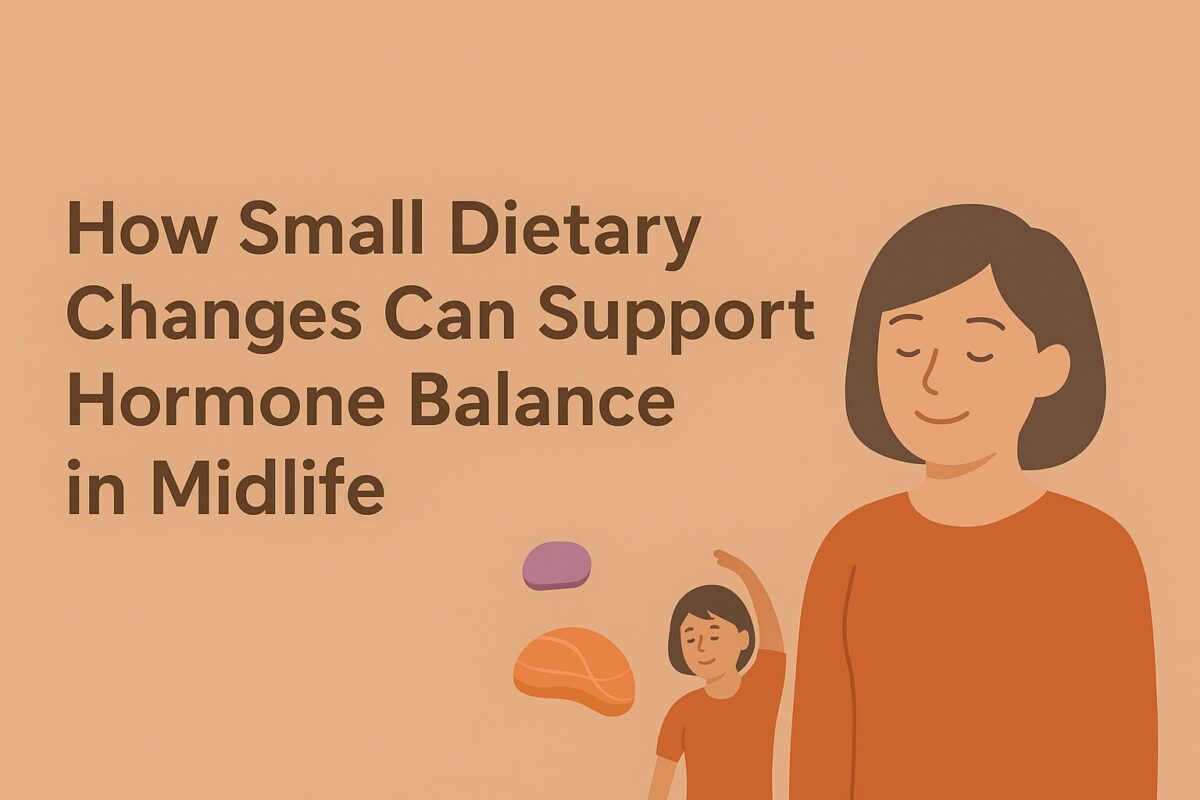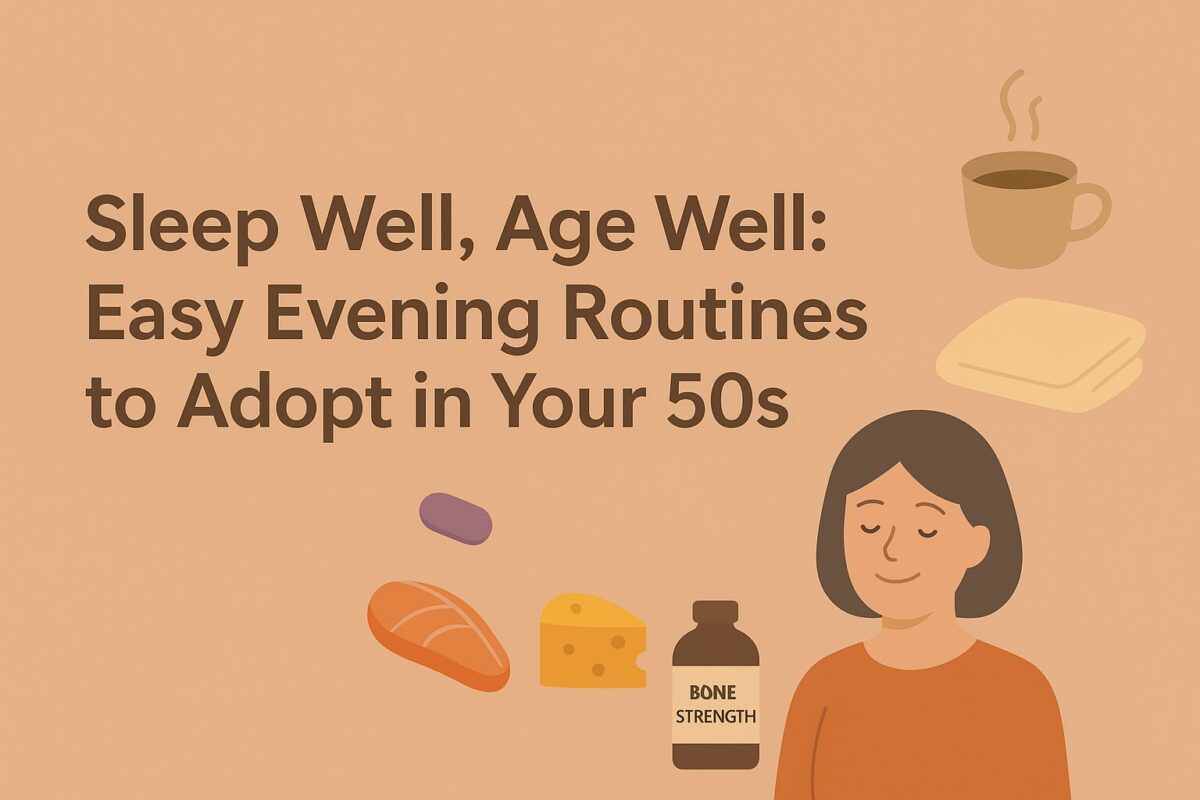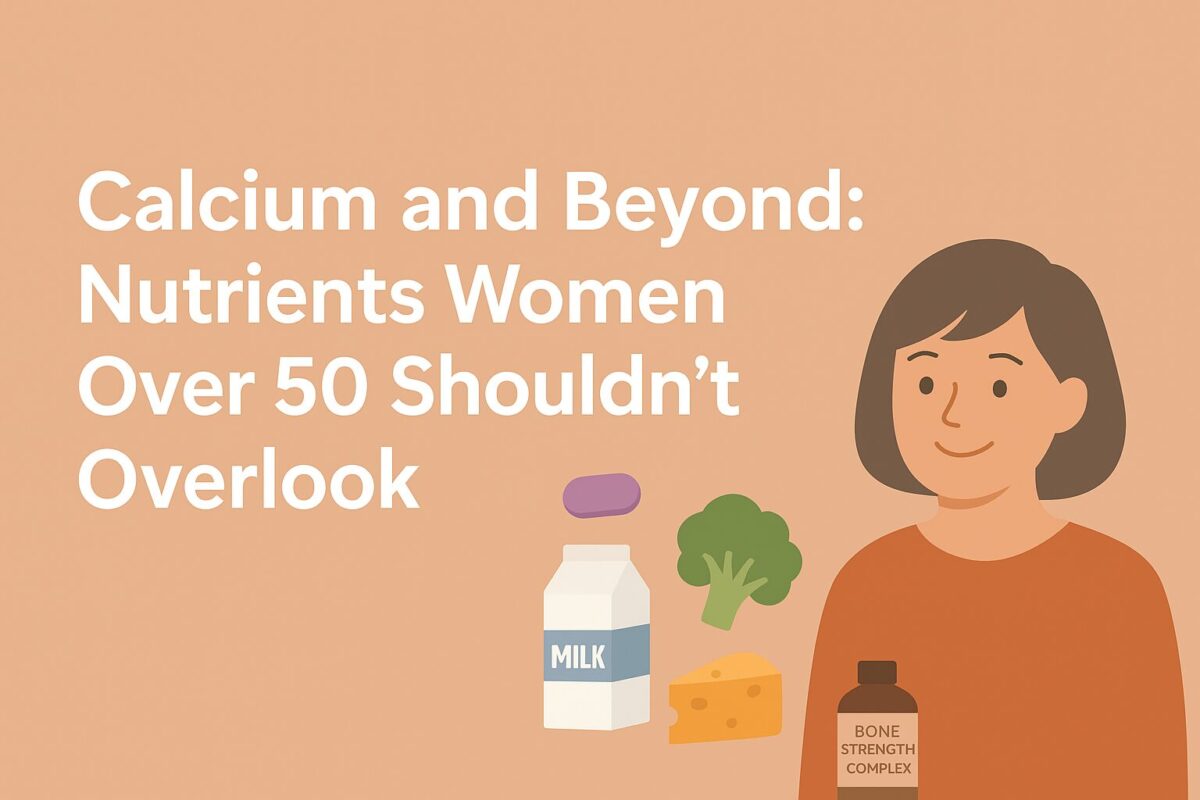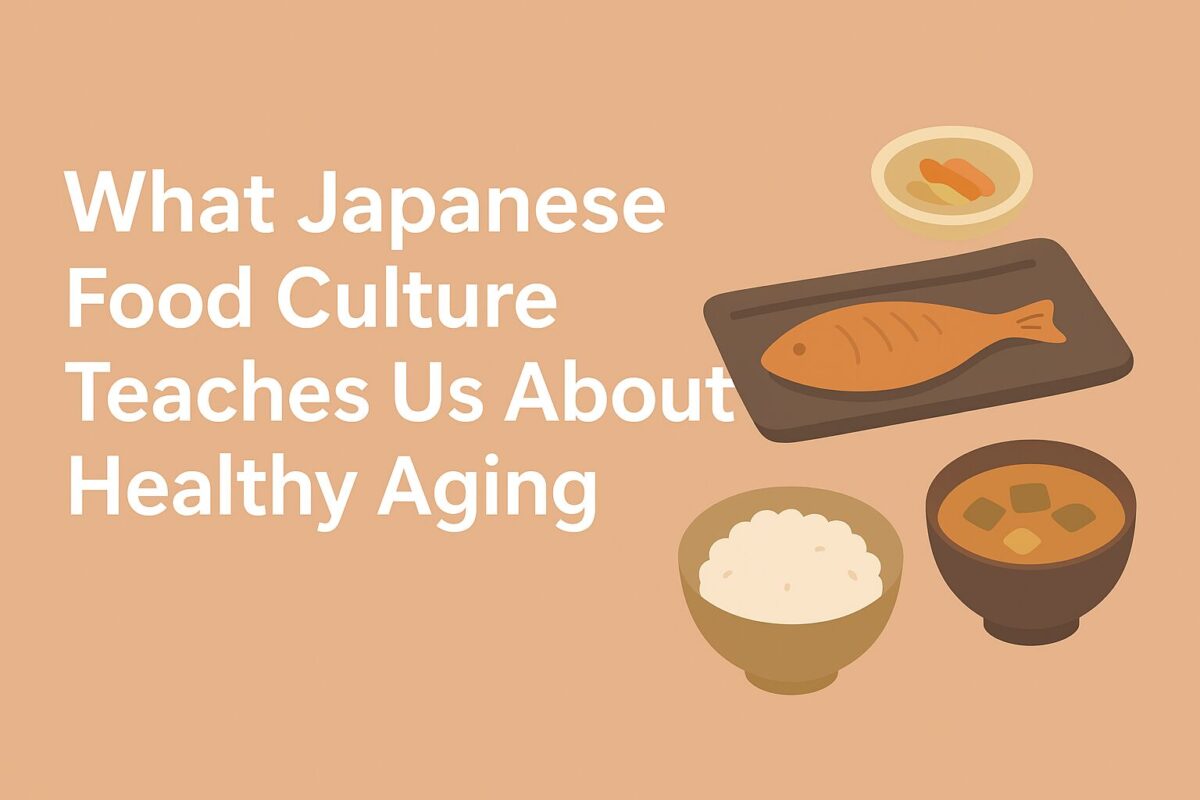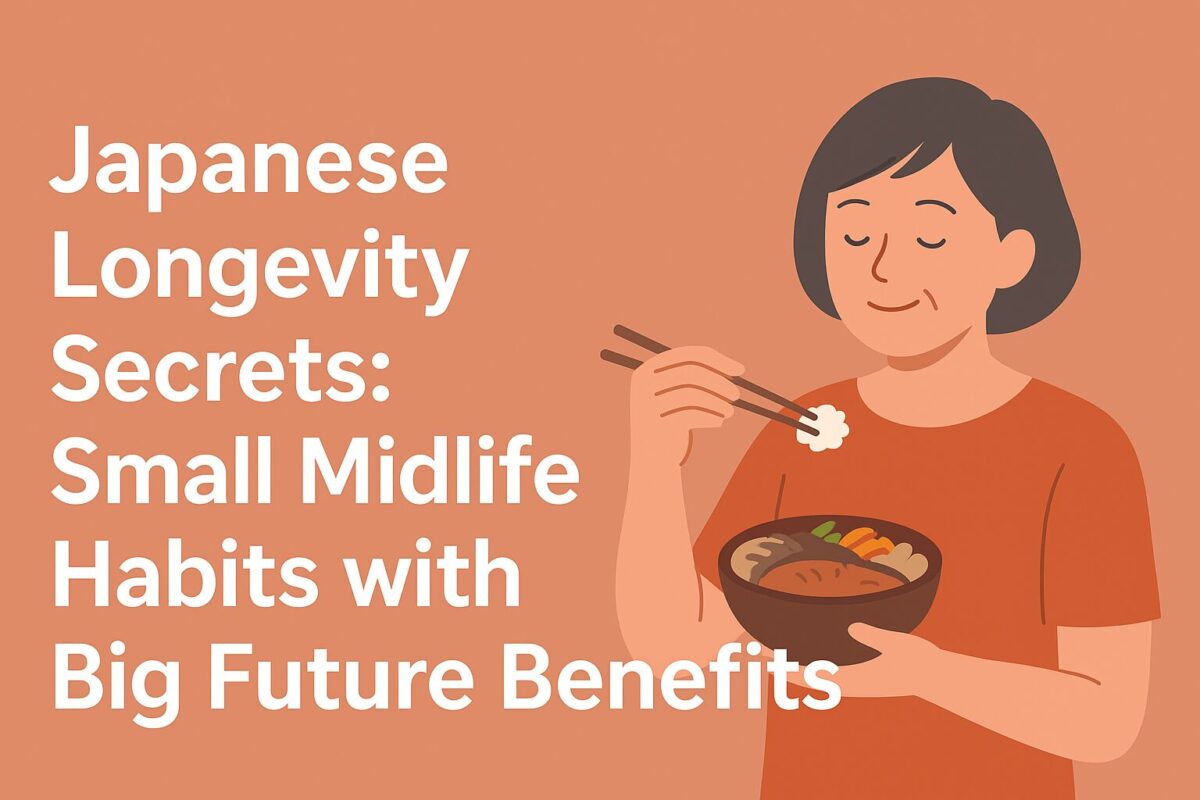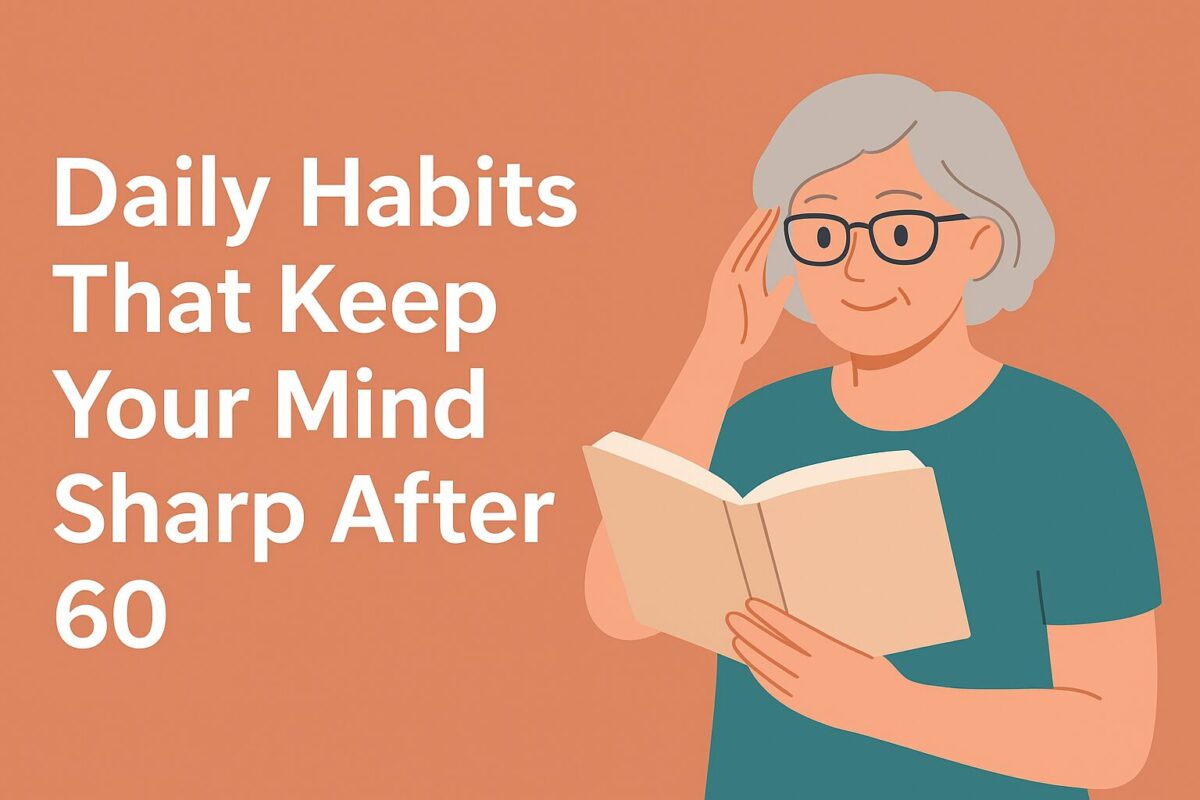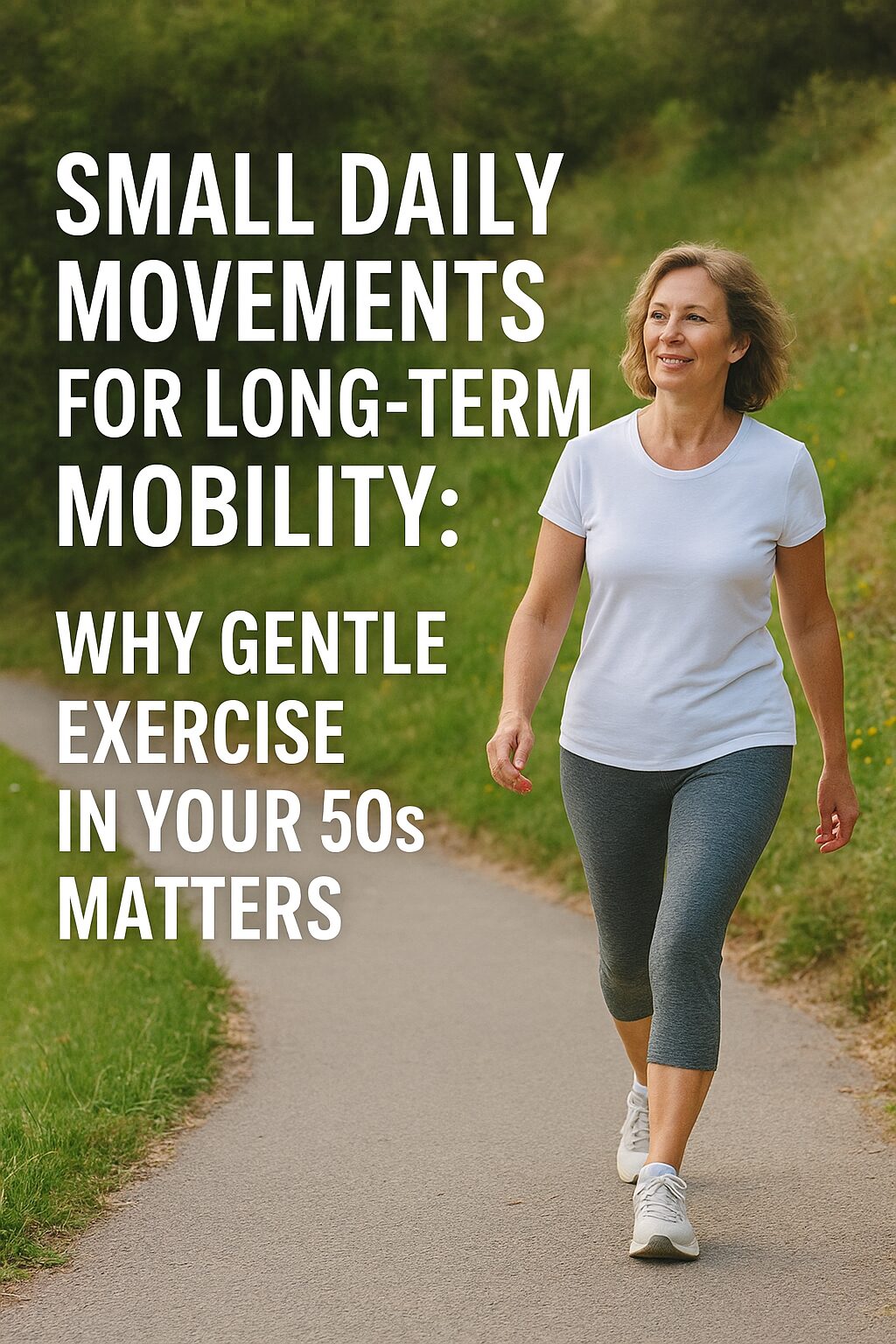As winter sets in, dry air, cold wind, and indoor heating can quickly rob your skin of moisture—especially for women over 50. While many reach for heavy creams or oils, Japanese women have long relied on a more holistic approach: nourishing the skin from within through diet and lifestyle. Let’s explore how traditional Japanese habits help maintain soft, hydrated skin even in the driest months.
The Japanese Approach: Moisture from the Inside Out
Unlike the Western focus on external moisturizers, Japanese skincare emphasizes internal balance. The philosophy is simple: when your body is hydrated and your circulation is strong, your skin naturally glows.
Balance Through Food and Lifestyle
In Japan, people often say, “Your skin reflects your meals.” Seasonal foods, warm hydration, and moderate daily routines are key. Instead of only applying lotions, Japanese women focus on moisture-supporting nutrition, gentle bathing rituals, and a calm lifestyle that reduces stress—all of which contribute to healthy, supple skin.
Soy Power: Isoflavones That Support Moisture and Elasticity
How Soy Helps Skin After 50
Soybeans are one of the most powerful allies in Japanese winter skincare. They contain isoflavones, plant compounds that mimic estrogen—the hormone that naturally supports skin elasticity and moisture. After menopause, estrogen levels decline, which often leads to dryness and fine lines. Isoflavones can gently restore balance.
Where to Find Soy Isoflavones
Common sources include:
-
Miso soup: A warm, fermented soy-based broth that hydrates and nourishes.
-
Tofu and soy milk: Soft, easily digestible proteins that keep the skin’s collagen strong.
-
Natto (fermented soybeans): Rich in vitamin K2 and enzymes that promote skin smoothness.
Fermentation: The Secret Weapon for Winter Skin
Japanese cuisine features many fermented foods that boost both gut health and skin hydration. Fermentation increases nutrient absorption and helps maintain a healthy gut microbiome, which influences the skin’s barrier function.
Fermented Foods for Winter Wellness
-
Miso – Restores beneficial bacteria and enhances moisture retention.
-
Pickled vegetables (tsukemono) – Provide probiotics and antioxidants.
-
Amazake – A naturally sweet fermented rice drink full of enzymes and vitamins that promote radiant skin.
Together, these foods help your body retain moisture naturally, even when cold air tries to dry it out.
Warm Habits: Gentle Care and Circulation
Hot Baths and Steam for Soft Skin
Winter in Japan wouldn’t be complete without a soothing soak in a hot bath (ofuro). The warmth relaxes muscles, improves circulation, and opens pores, allowing moisture to penetrate. Adding natural ingredients like yuzu citrus or green tea to the bath provides antioxidants and gentle aromatherapy.
Staying Warm from Within
Hot drinks such as ginger tea (shōgayu) or roasted green tea (hōjicha) warm the body and improve blood flow, helping nutrients reach the skin’s surface. This “inner warmth” approach is part of why Japanese women maintain smooth, hydrated skin even during harsh winters.
Natural Supplement Support: Reviving Inner Balance with Effisoy®
Even with the best diet and lifestyle, hormonal decline after 50 can make it hard to maintain the same skin elasticity and glow. That’s where Effisoy®, a natural menopause support supplement by Juveriente®, comes in.
How Effisoy® Works
Effisoy® is the only supplement outside Japan that contains AglyMax®, a fermented soybean germ extract providing aglycone isoflavones—the most bioavailable form of soy isoflavones. These compounds support the body’s natural ability to restore hormonal balance, helping:
-
Improve skin hydration and elasticity
-
Reduce hot flashes and fatigue
-
Promote overall well-being during and after menopause
By working from the inside out, Effisoy® complements traditional Japanese approaches to winter skin care after 50—naturally and effectively.
➡️ Learn more about Effisoy®:
Mindful Eating and Self-Care for Radiant Winter Skin
Slow Down and Enjoy Meals
Japanese women often practice mindful eating, savoring each bite slowly. This improves digestion and nutrient absorption—both essential for maintaining healthy skin.
Stay Calm, Sleep Well
Stress and poor sleep are major causes of dryness and dullness. Techniques like evening baths, herbal teas, and light stretching before bed can help the body regenerate overnight.
Embrace the Japanese Way This Winter
Instead of fighting dryness with heavier creams, take inspiration from Japan’s time-tested wisdom:
-
Eat warming, soy-rich meals
-
Add fermented foods daily
-
Soak in hot baths or steam regularly
-
Support your body’s balance with natural supplements like Effisoy®
When your body is nourished from within, your skin will reflect that gentle care—hydrated, smooth, and radiant throughout the season.








